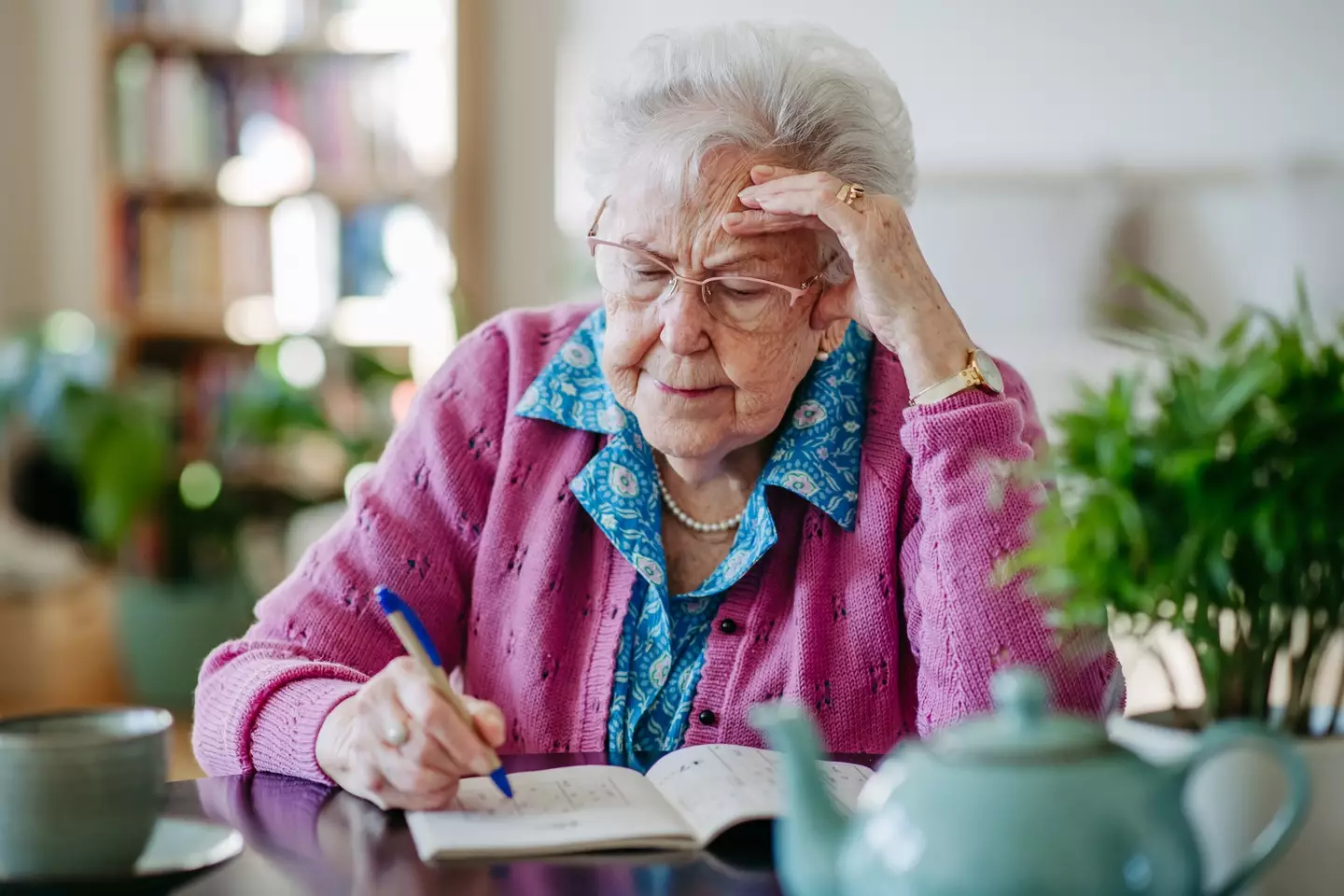
A doctor has revealed two hidden signs of dementia that have little to do with becoming more confused and forgetful.
In the UK, one in 11 people over the age of 65 have dementia, around 944,000 in total, and it can also affect people who are much younger.
There is no cure, however the symptoms can temporarily be treated with medication.
Common signs someone might be suffering from dementia include them getting lost in the middle of a conversation, forgetting the words for things like calling a watch a ‘hand clock’.
Advert
If someone suddenly needs to use GPS directions for a route they previously knew well, this can also be an early warning sign.
However, Neurology Consultant at the Addenbrooke's Memory Clinic Dr Tim Rittman says there are other less widely understood signs that your loved ones may be struggling with dementia.

Writing for Alzheimer’s Research UK back in 2023, he pointed to a YouGov survey which found that 22 percent of participants had no idea how dementia impacts people - a shocking stat when one in two of us will either have to care for a family member with dementia, suffer from the health condition ourselves, or both.
And people’s understanding of dementia becomes even more sketchy when it comes to how the disease affects people’s mood and personality.
Dr Rittman writes: “Low mood and anxiety are common early symptoms, and people may become anxious about going to a new place or meeting people.
“Because changes to mood and emotions happen to all of us from time to time, and overlap with the common symptoms of depression, grief or stress, this can be a harder sign of dementia to spot.
“In some types of dementia, like frontotemporal dementia, changes to behaviour - like a loss of empathy - and sense of humour, or becoming angry can be early signs too.”
Dementia can often be mistaken for depression in older people.
Dr Howard E. LeWine writes for Harvard Medical School: “Depression in the elderly can also lead to a phenomenon called pseudodementia - an apparent intellectual decline that stems from a lack of energy or effort.”

Elderly people with depression can be forgetful, have low motivation and seem to show a decline in their cognitive skills, which can all be dementia symptoms too.
However, there are ways to tell depression and dementia apart:
- Mental decline with depression can appear rapid, whereas changes are more gradual with dementia
- People with depression do not become disorientated like people with dementia
- People with depression struggle to concentrate, while people with dementia struggle with short-term memory
- People with depression often notice themselves they’re having difficulty remembering things, whereas people with dementia aren’t aware of the change
- Depression doesn’t impact writing, speaking and motor skills in the same way as dementia
If you've been affected by dementia or Alzheimer's and would like to speak with someone in confidence, contact the Alzheimer’s Society via 0333 150 3456 or visit their website for more information.
Topics: Health, Mental Health